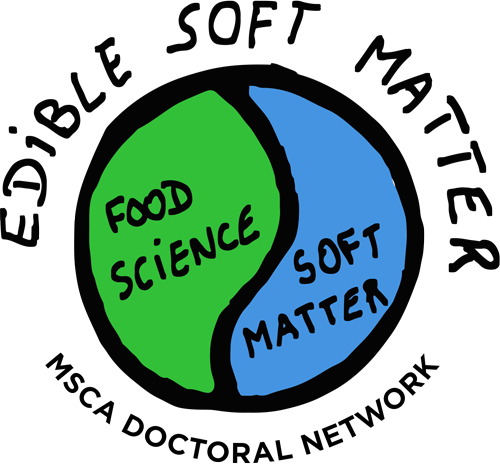PhD position in
Food structuring using biphasic systems
Candidates profile
- MSc or equivalent in Chemical Engineering, Materials Engineering, Biotechnology, Food Science or equivalent degrees with a solid training in soft matter, physical chemistry, biphasic systems, and structuring methods.
- Hands on lab work experience is essential while knowledge in techniques such as rheology, scattering, thermal analysis and microscopy are beneficial.
- An independent and self-motivated researcher.
- Appreciation for interdisciplinarity and proactive drive to collaborate across fields
- Proficiency in English, good communication skill and social competence
Hiring institution: Technion – Israel institute of Technology, Haifa, Israel
Enrolment in a doctoral programme in The Irwin and Joan Jacobs graduate school, Technion, Israel.
Supervision:
- Main supervisor: Assoc. Prof. Maya Davidovich-Pinhas
- Co-supervisor(s): Prof. Elke Scholten, Wageningen University, The Netherland
Objectives:
- Improve the nutritional values of foods using structuring methods of biphasic system.
- Develop preparation procedure to formulate structured biphasic system based on plant-based ingredients.
- Investigate the effect of preparation conditions, composition, and storage on biphasic systems (bigels) performance and application aiming to produce favourable textures with preferable textural attributes such as hardness, plasticity, flow, melting.
- Examine the formulation functionality with respect to nutritional availability using in-vitro digestion techniques and sensory analysis.
Expected results:
- Development of preparation procedures for structured biphasic system based on high homogenisation at various temperature and shear conditions.
- Formulation of biphasic gel systems using oil and water structuring approach with various structuring agents (waxes, monoglycerides, phytosterols, proteins, and biopolymers), surfactants (e. g. lecithin, sucrose ester), concentration, and water/oil ratios.
- Characterisation of biphasic systems’ textural properties (using texture analysis, rheology, tribology, and melting profile), and structural attributes (using microscopy and X-ray scattering).
- Exploration of the role of each component in the final gel structure and properties.
- Evaluation of the biphasic gel performance with respect to in-vitro digestion and sensory analysis.
- Understanding of the effect of composition and preparation procedure on the biphasic system properties and performance in comparison with model lipid-based food products such as margarine, mayonnaise, and/or lard
Planned secondments:
- Wageningen University (Prof. E. Scholten), 9 months: tribology and sensory analysis of biphasic gels.
- Cargill (P. Smith), 3 months: industrial perspective of biphasic gel production and comparison with model lipid-based food products such as margarine, mayonnaise, and/or lard.
Hosting lab and working environment: The laboratory of Food Materials Engineering (https://davidovichlab.net.technion.ac.il/), Faculty of Biotechnology and Food Engineering, Technion, Haifa, Israel. The lab explores the relationship between materials’ nanoscale molecular structure and its meso-scale characteristics and overall functionality. This goal is achieved using in-house rheology, thermal analysis, mechanical testing, microscopy, and scattering instruments.
Type of recruitment: Full-time exclusive employment contract including full social security coverage
Foreseen start date: 1st of October 2025
Duration: 42 months
Hours per week: ~40 hr
Estimated monthly gross salary: 4245€ (gross salary – living and mobility allowance – including employer’s contributions)
Application procedure: via the ESM Project Website.
Application deadline: 6th of June
Contact for more information: Assoc. Prof. Maya Davidovich-Pinhas dmaya@technion.ac.il
Application closed
